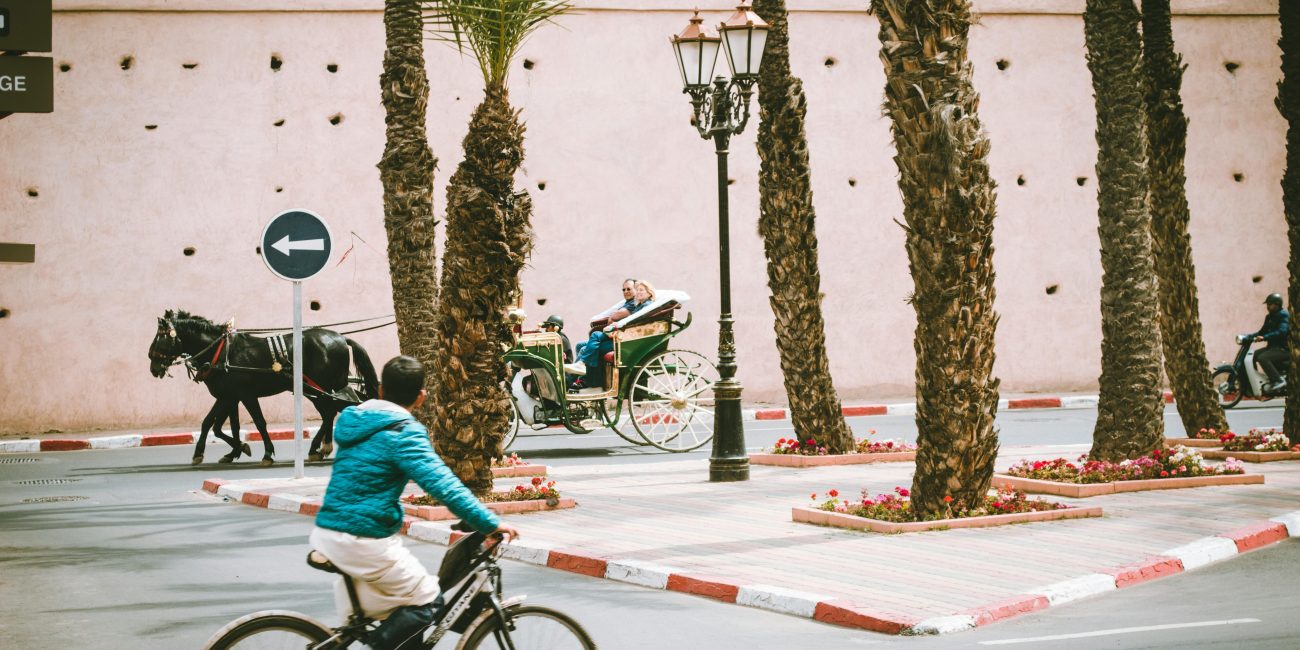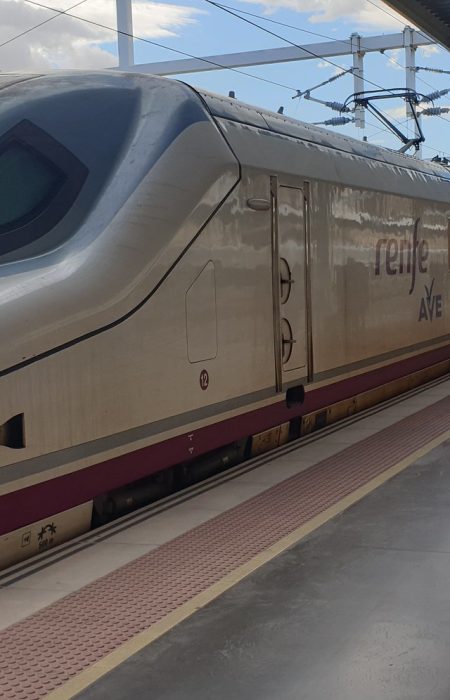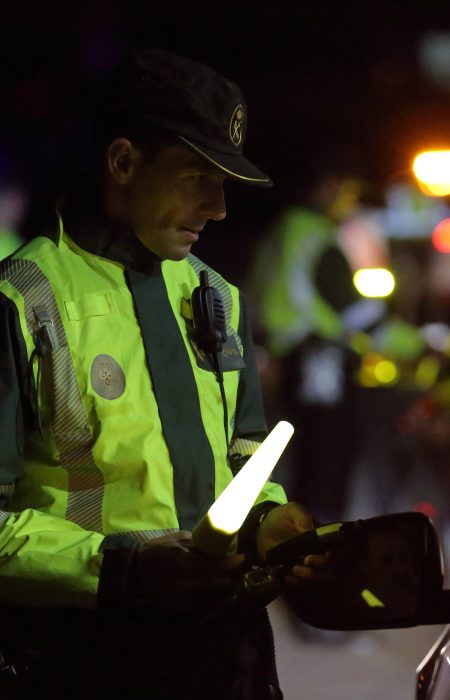Horse-drawn carriages are no longer allowed to be used as tourist transportation in Malaga City. These trucks, which have been a part of the historic centre for decades, will no longer be able to function starting today Monday, October 6th. This is because the 25 permits that were still in effect have been revoked.
Francisco de la Torre, the mayor of Malaga, made the announcement himself in a video posted on the city’s official Instagram account. In the video, he says that the decision was made “with the well-being and safety of the animals in mind.”
The City Council and the licence holders have come to an arrangement. The licence holders have been paid to terminate this activity earlier than intended, which was supposed to happen in 2035.
The council ends a historic era in the city with this decision and is committed to a more sustainable model for tourism. “Málaga has changed, and there are now several eco-friendly methods to see the city. In the video, the mayor said, “The best thing to do is to walk through our streets.”
The last horse-drawn carriages leaving the city centre ends a traditional view of the area, notably in places like Plaza de la Marina and Calle Larios, where the carriages shared space with people.
A measure that has already caused problems for coachmen
The argument over the future of horse-drawn carriages is not new. It caused a big rift between industry professionals and the City Council when they started to think about getting rid of them last January. Several coachmen wrote to this publication at the time to say how unhappy and worried they were about a decision that has now been made.
Domingo, who had been travelling in a horse-drawn carriage for more than twenty years at the age of 36, spoke out against the possible ban on the trade. He said, “It’s our life, and they’re taking it away from us.” He said that he normally started his day at 7:30 in the morning and worked into the afternoon, with the amount of work he had to do changing depending on how many tourists were there. “Business is slow.” “There’s no work, so this place would be full of cars,” he said as he cared for his horse in the stable.
Like him, other professionals said there was no animal maltreatment and asked for money, jobs, and restitution if the behaviour was finally stopped. Pepe, another veteran coachman, said, “If it ends, let them pay us for our licenses, give us jobs, and pay us for the work we did in the stables.”
Antonio stressed that this pastime “is a heritage” that “cannot be taken away just like that,” remembering that some families had been doing it for up to four generations.
Joran, who is 26 years old, said that there used to be five stalls, but now there is only one. He said that he was working for his father on those days instead of his own employment. “My family has been in this line of work for a long time. “We used to be nomads, going to fairs like the one in Seville,” he remarked.
The coachmen also said that the removal of the carriages could be linked to the city’s efforts to make areas around the port more pedestrian-friendly, where the coachmen used to wait for tourists.
There were also different viewpoints among the guests. Some people, like Abel, a tourist from Salamanca, thought that caring for animals was a good thing, even though they liked the stroll. Others, like Samanta from Croatia, were sad that such activity had gone away. She said it was “a good thing for Málaga.”









No Comment! Be the first one.